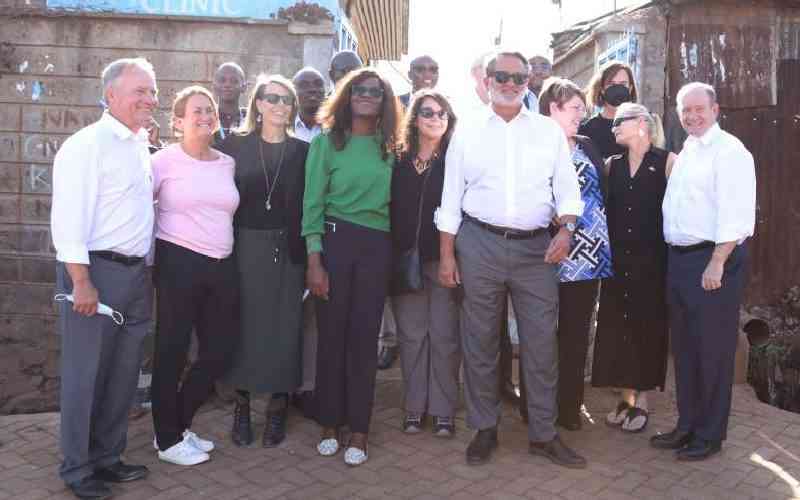×
The Standard e-Paper
Fearless, Trusted News

Tabitha Atieno Festo's world came crumbling down in 1998 when she made it to the list of workers her employer wanted to retrench.
The widow and mother of four struggled to find work elsewhere to no avail. With limited options, Tabitha, a nurse, downsized her lifestyle, and moved to Kibera, occasionally finding menial jobs to feed her children and pay rent.